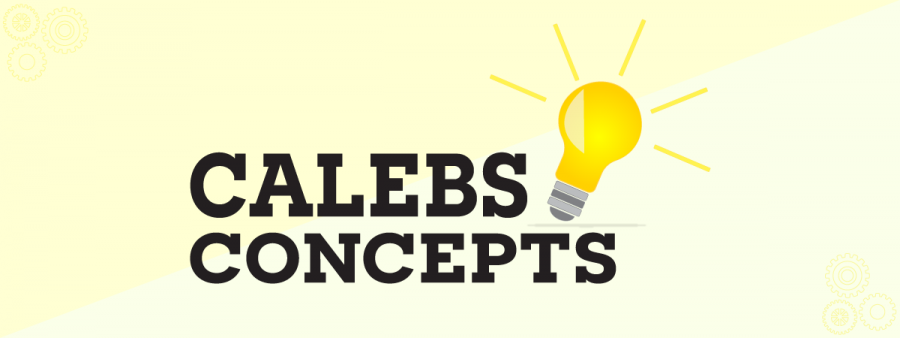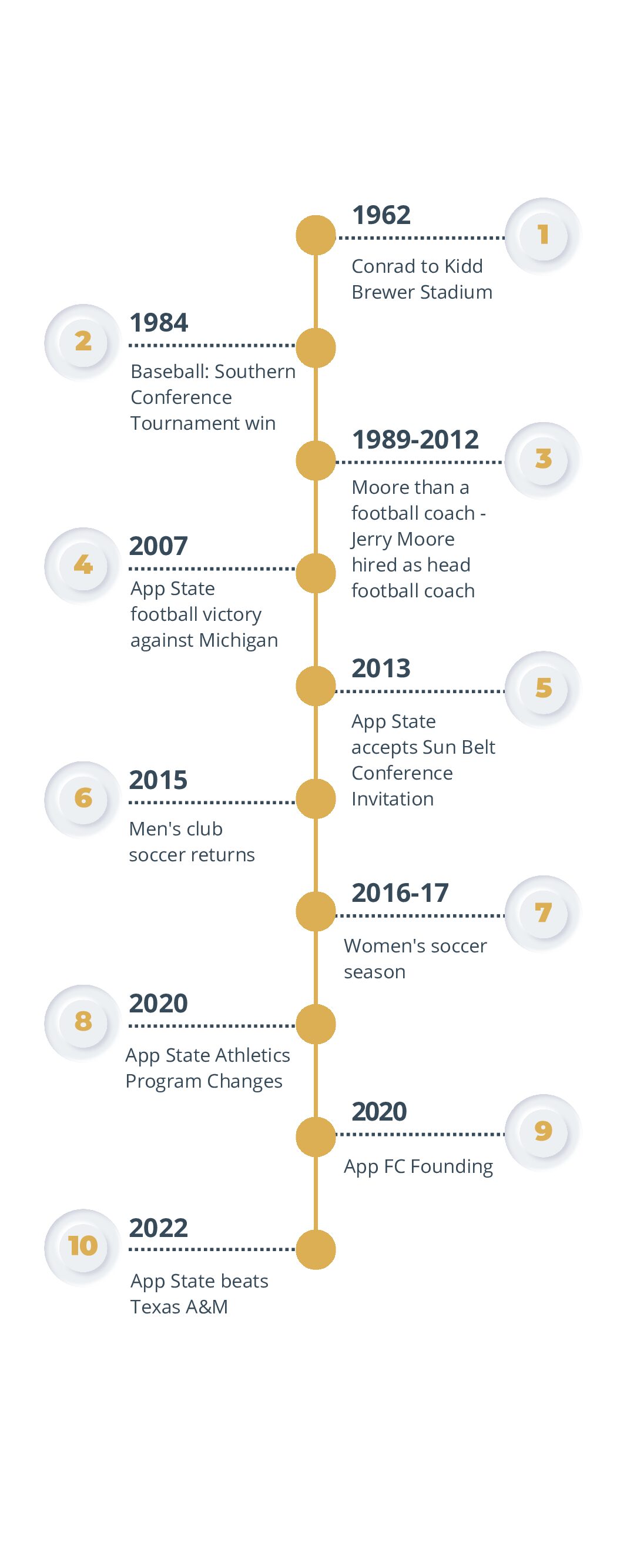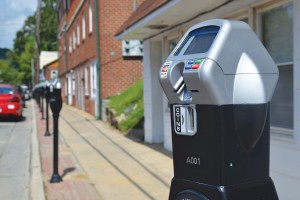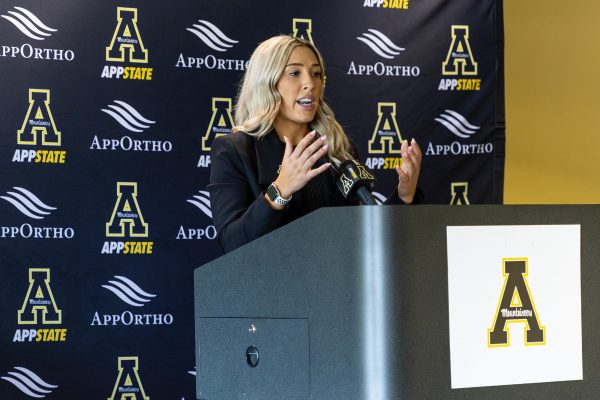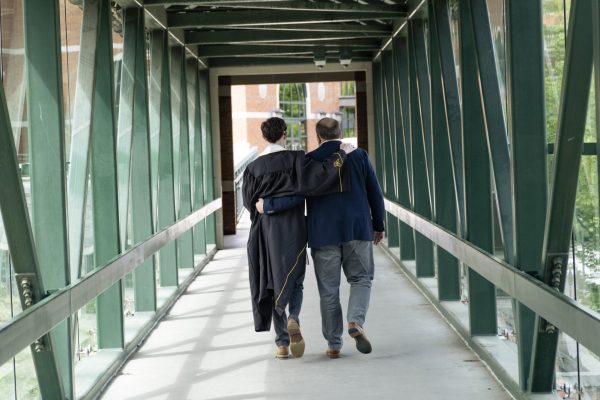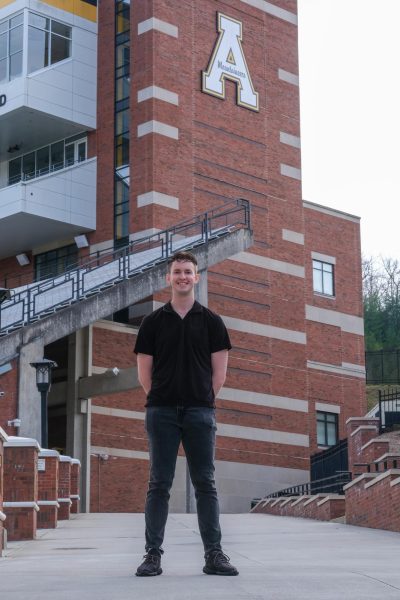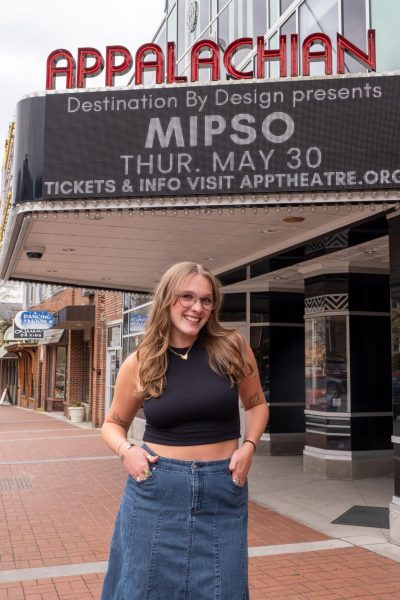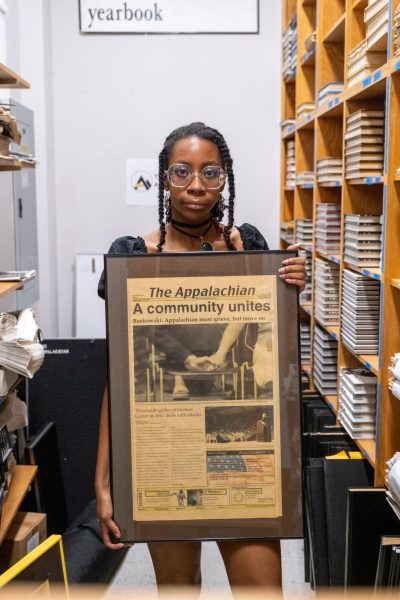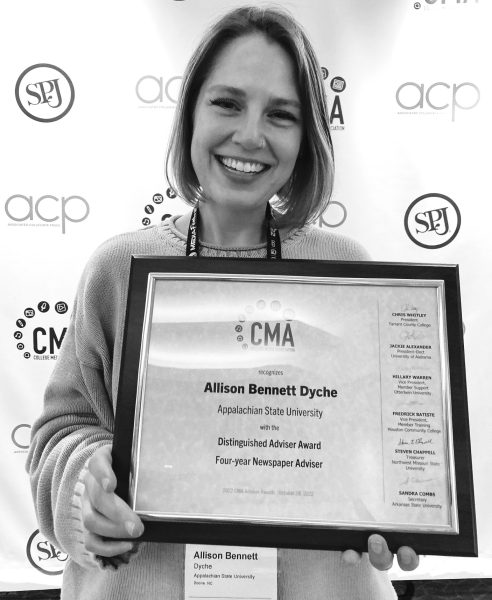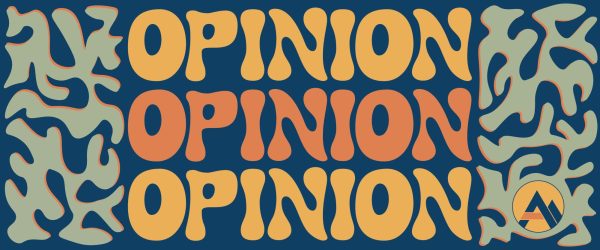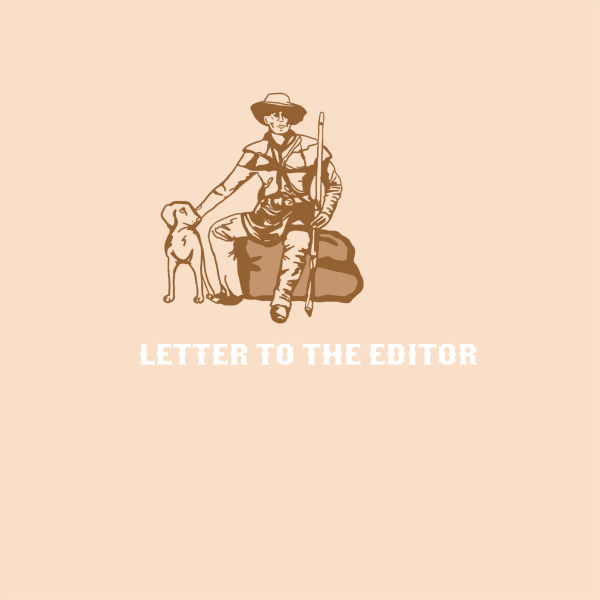Caleb’s Concepts: The world of tradeoffs
April 9, 2021
Winning elections requires political candidates to convince a majority of constituents to vote for them. Many make promises and constituents expect their champion to uphold campaign promises. After all, a promise without substance is an empty one, and politicians must honor promises if they hope to get reelected. There’s only one problem: solutions result in more problems.
Take the debate about lockdowns following COVID-19. Many governors imposed statewide lockdowns to halt the spread of COVID-19 to prevent further infections. Despite some studies showing the restriction’s effectiveness, there are studies showing the opposite: COVID-19 restrictions created new health problems. Some of these problems include increased alcohol sales and lethal drug overdoses resulting in the highest number of vehicle-related deaths in 13 years.
However, the biggest criticism of the restrictions was its effect on the economy. Unemployment is a stressor, and prolonged stress is associated with worse health outcomes. Preliminary research found that the long-term effects of COVID-19 will cause an additional 800,000 deaths over 15 years. Additionally, Center for Disease Control found that from March to October, COVID-19 was responsible for 198,081 excess deaths. While lockdowns may have been effective at preventing COVID-19, they created a host of additional problems.
This concept is known in economics as the opportunity cost, or what you are giving up to get something else. This idea is best illustrated by the saying, “there is no free lunch.” If your friend buys you food, despite not spending anything, your friend did. This principle holds true for society. Despite many of us not paying directly to use roads, fire departments, etc, we still pay through taxes. We give up our money, and we get something in return. Yet, we have less money in our pockets. Is this a bad thing? You decide.
There is no such thing as a perfect world. There are only alternatives. Therefore, public policy must attempt to maximize the benefits while minimizing harms.

